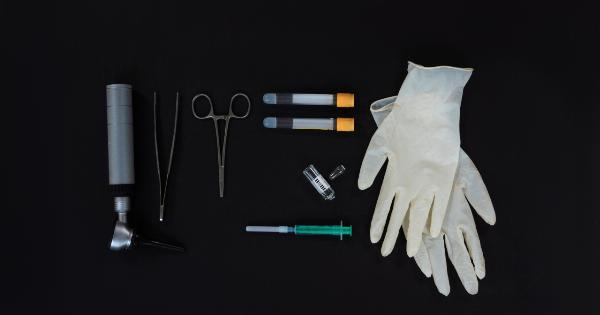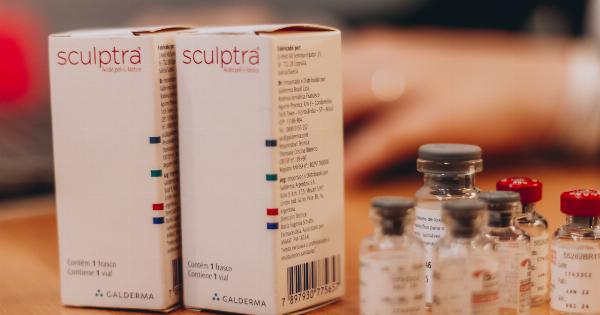For many women who have undergone a mastectomy due to breast cancer, breast reconstruction may be an important step in the healing process.
Microsurgery is one option available for breast reconstruction, but what exactly is microsurgery and how does it work? In this article, we’ll answer some of the most common questions about microsurgery for breast reconstruction.
What is microsurgery?
Microsurgery is a specialized type of surgery that involves operating on very small structures, such as blood vessels and nerves, using specialized instruments and microscopes.
In the context of breast reconstruction, microsurgery is used to reconstruct the breast using tissue from another part of the body.
How does microsurgery for breast reconstruction work?
Microsurgery for breast reconstruction typically involves using tissue from the patient’s abdomen, back, or buttocks to create a new breast.
This tissue is known as a “flap” and is carefully removed by the surgeon using microsurgical techniques. The flap is then carefully attached to blood vessels in the chest to provide a new blood supply to the tissue.
What are the benefits of microsurgery for breast reconstruction?
Microsurgery offers several benefits compared to other types of breast reconstruction. First, because the tissue used to create the new breast is taken from the patient’s own body, the risk of rejection is virtually nonexistent.
Additionally, because the new breast is composed of the patient’s own tissue, it looks and feels more natural than breast implants. Finally, because the new breast is created using the patient’s own tissue, it can potentially last a lifetime.
Who is a good candidate for microsurgery for breast reconstruction?
Not all women are good candidates for microsurgery for breast reconstruction. Generally, women who are in good overall health and who have enough healthy tissue available to create a new breast are good candidates for microsurgery.
Additionally, women who are non-smokers and who are willing to commit to the recovery process are good candidates for microsurgery.
What is the recovery process like after microsurgery for breast reconstruction?
The recovery process after microsurgery for breast reconstruction can be lengthy and may require several weeks of rest and reduced activity.
The area where the flap was removed will typically be sore and swollen, and the patient may experience some numbness or tingling in the area. It is important for patients to follow their surgeon’s instructions carefully in order to ensure a successful recovery.
What risks or complications are associated with microsurgery for breast reconstruction?
As with any surgery, there are risks and potential complications associated with microsurgery for breast reconstruction. Some possible complications include bleeding, infection, or problems with wound healing.
Additionally, there may be a risk of damage to the blood vessels or nerves in the area where the flap was taken from. It is important to discuss these risks with your surgeon before deciding whether microsurgery for breast reconstruction is right for you.
How do I find a qualified surgeon who performs microsurgery for breast reconstruction?
If you are considering microsurgery for breast reconstruction, it is important to find a qualified surgeon who has experience with this procedure. You can start by asking your oncologist or other healthcare providers for recommendations.
Additionally, you can visit the website of the American Society of Plastic Surgeons to find a qualified plastic surgeon in your area.
Does insurance cover microsurgery for breast reconstruction?
In most cases, insurance will cover microsurgery for breast reconstruction if it is deemed medically necessary.
However, it is important to check with your insurance provider to see what your specific policy covers and what out-of-pocket expenses you may be responsible for.
What should I expect during my consultation with a surgeon who performs microsurgery for breast reconstruction?
During your consultation, your surgeon will evaluate your overall health and the available tissue for reconstruction.
They will also discuss your medical history and any medications you are currently taking, as well as any previous surgeries you have undergone. Your surgeon will explain the procedure in detail, including the risks and benefits, and will answer any questions you may have. They will also discuss your options for anesthesia and pain management.
What should I do to prepare for microsurgery for breast reconstruction?
Your surgeon will provide you with specific instructions on how to prepare for your surgery, but some general tips include quitting smoking if you are a smoker, avoiding certain medications that may interfere with blood clotting, and making sure you have someone to drive you home after your surgery.




















